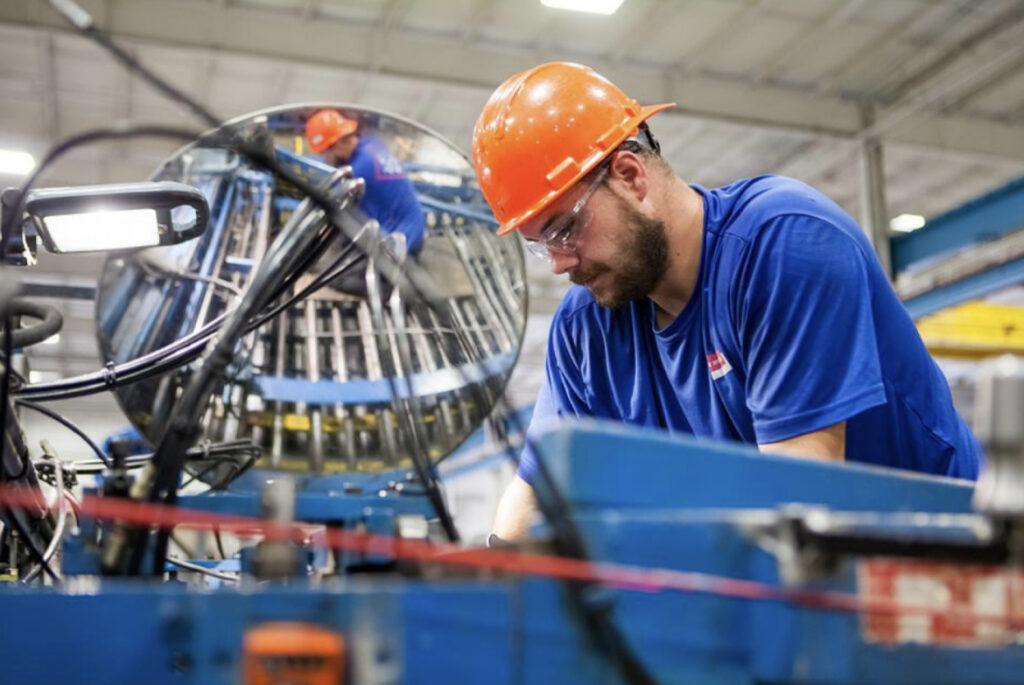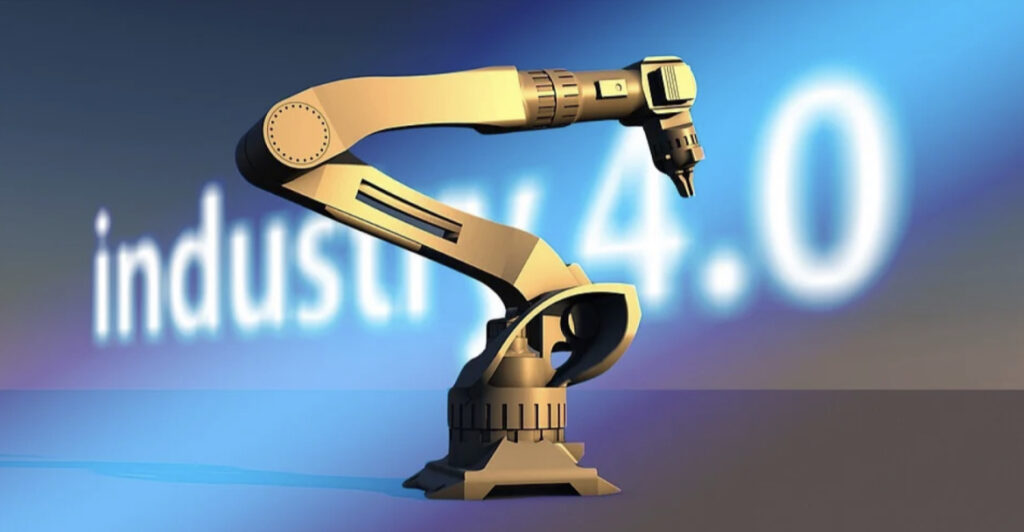Long-term Manufacturing Processes: 8 Facts Businesses Should Know

Manufacturing is one of the most important aspects of any business. It is responsible for producing the products or services that your customers buy. In order to be successful, businesses need to have a good manufacturing process in place. This blog post will discuss eight facts about long-term manufacturing processes that all businesses should know. So, let’s get started:
1) Green Manufacturing
As the world becomes more and more environmentally conscious, it is important for businesses to adopt green or sustainable manufacturing practices. Green manufacturing refers to the use of environmentally friendly processes and materials in the manufacturing process. This can include things like using recycled materials, reducing energy consumption, and reducing waste. When it comes to sustainability in manufacturing, businesses need to think about the long-term effects of their actions. Sustainable or green manufacturing practices are not only good for the environment, but they can also be good for business. Adopting these practices can help businesses save money, attract new customers, and improve their reputation. However, it is important to note that green manufacturing is not always easy or cheap to implement. Businesses need to carefully consider the costs and benefits of green manufacturing before making any decisions.
2) Quality Control
One of the most important aspects of a good manufacturing process is quality control. Quality control refers to the measures taken by a business to ensure that the products they produce meet the highest quality standards. This can include things like testing products for defects, inspecting products during production, and verifying that products meet customer requirements. In other words, quality control is all about making sure that products are made correctly and meet the customer’s expectations. Quality control is important because it helps businesses avoid costly mistakes, improve customer satisfaction, and ensure that their products are safe to use.
There are a number of different ways to implement quality control in a manufacturing process. The most important thing is to have a clear understanding of the quality standards that need to be met and to put in place measures to ensure that these standards are met.
3) Lean Manufacturing
Lean manufacturing is a popular production methodology that focuses on eliminating waste from the production process. This can include things like reducing inventory levels, streamlining production processes, and optimizing workflows. But, how does this relate to long-term manufacturing processes? Well, businesses need to think about the long-term when it comes to lean manufacturing. Implementing lean manufacturing practices can help businesses save money, improve quality, and increase efficiency.
4) Continuous Improvement
In order to stay competitive in today’s economy, businesses need to continuously strive to improve their operations. Continuous improvement is the process of making small changes to your business process in order to make it more efficient and effective. For example, a business might make changes to the way they train their employees or the way they design their products. Continuous improvement is important because it helps businesses keep up with the competition and find new ways to improve their operations.
When it comes to long-term manufacturing processes, businesses need to think about how they can continuously improve their operations. This can include things like implementing new technologies, streamlining production processes, and improving quality control.
5) Just-in-Time Production
Just-in-time (JIT) production is a popular method of manufacturing that relies on inventory being delivered just as it is needed. This helps businesses avoid having excess inventory that takes up space and increases costs. JIT production can help businesses save money and improve efficiency.
However, businesses need to be careful when implementing JIT production. This is because there is a risk of production disruptions if inventory is not available when it is needed. Therefore, businesses need to have a good understanding of their production process and needs before they implement JIT production.
6) Robotics and Automation
Robotics and automation are becoming increasingly common in modern manufacturing plants. They can help speed up the manufacturing process, reduce labor costs, and improve product quality.
Robotics and automation can help businesses improve their long-term manufacturing processes by speeding up the production process, reducing labor costs, and improving product quality. When it comes to long-term manufacturing processes, businesses need to think about how they can use robotics and automation to improve their operations. For example, they could use robotics to automate repetitive tasks, or they could use automation to improve the quality of their products.

7) Skilled Labor Shortage
A skilled labor shortage is becoming a major problem in many industries, including manufacturing. This is due to the fact that many people are retiring without enough young people coming into the workforce to replace them. As a result, businesses may find it difficult to find qualified workers to fill positions in their factories. So, how can businesses overcome this challenge?
One way businesses can overcome the skilled labor shortage is by investing in training and development programs. These programs can help businesses train their existing workforce and attract new talent to the industry. Businesses should also think about how they can use technology to replace or supplement the work of skilled laborers. For example, they could use robots to automate repetitive tasks.
8) Outsourcing
Outsourcing is becoming an increasingly popular option for businesses looking to streamline their manufacturing process. It involves contracting with another company to produce some or all of your products for you. For example, a business might outsource the production of its widgets to a company in China.
Outsourcing can help businesses save money and improve efficiency. However, it is important to choose a reputable and reliable partner when outsourcing. This is because you will be relying on them to produce a high-quality product that meets your standards.
In order to improve their long-term manufacturing processes, businesses need to think about how they can use new technologies, streamline their production processes, and improve the quality of their products. They also need to be aware of the skilled labor shortage and consider outsourcing as an option. Finally, it is important for businesses to partner with a reputable company when outsourcing. By doing all of this, businesses can ensure that they have a smooth and efficient manufacturing process that meets the needs of their customers.




